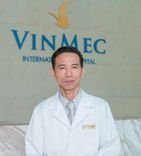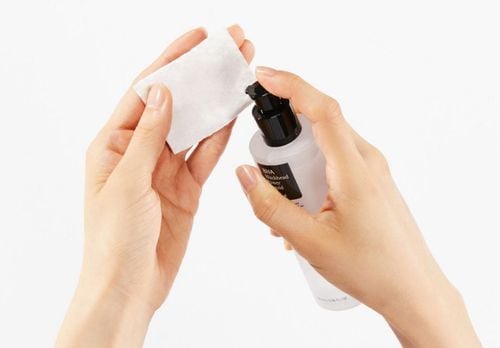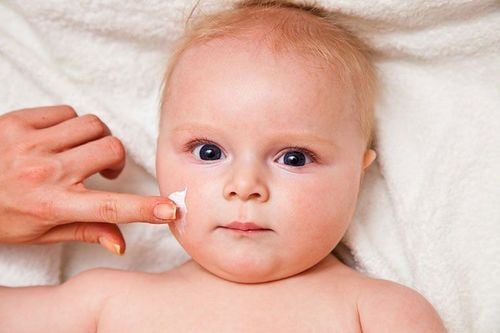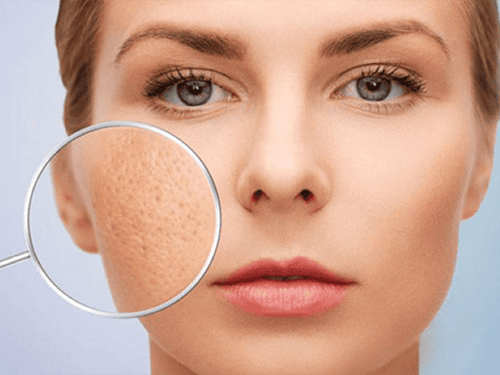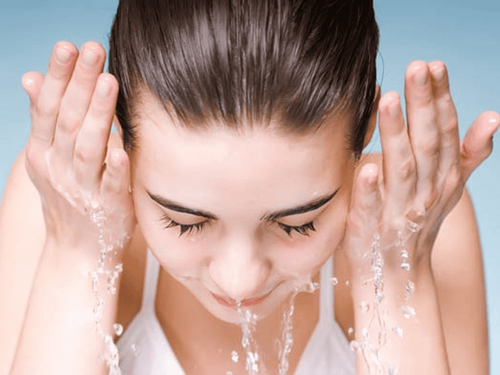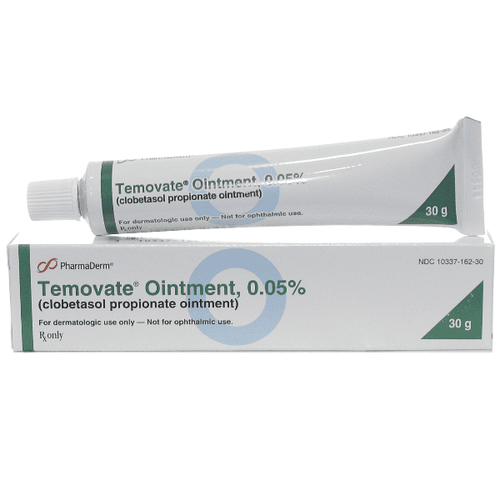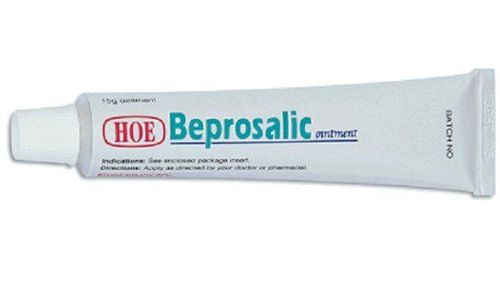This is an automatically translated article.
The article was professionally consulted by Specialist Doctor I Tran Van Sang - Dermatologist - Department of Medical Examination & Internal Medicine - Vinmec Danang International General Hospital.Acne can be overcome and treated in many different ways depending on the type of acne and acne condition. Besides, the prevention of acne returning after treatment is also a matter of concern.
1. Acne treatment by degree
Depending on the severity and persistence of the acne, the treatment for each level of acne will be different.1.1 Mild Conditions Mild acne can be treated with over-the-counter medications that are taken orally or applied to the skin. These medications usually contain the following active ingredients:
Resorcinol: breaks down tiny blackheads and whiteheads. Benzoyl peroxide: kills bacteria and accelerates the regeneration of new skin, slows down the secretion of sebum on the skin. Salicylic Acid: Helps to overcome blackheads and whiteheads, while reducing inflammation in larger acne spots. Retin-A: unclogs pores. Azelaic Acid: prevents excessive sebum production, limiting the growth of bacteria. 1.2 Moderate to severe condition In moderate to severe acne, your doctor will prescribe some more severe acne medication, or oral/topical antibiotics.
Oral antibiotics Usually prescribed from about 1 month to 6 months at most. The goal of this drug is to reduce the growth of P.Acnes bacteria - one of the bacteria that live on the skin that causes acne. However, if antibiotics are used excessively, P.Acnes can become resistant strains and require stronger antibiotics.
For the above reason, treating acne with antibiotics is more often a topical antibiotic than an oral antibiotic. Some commonly used antibiotics are erythromycin and tetracycline.
Oral contraceptives Oral contraceptives are also a relatively common acne treatment, especially among women. The mechanism of action of oral contraceptives may control the development of acne in women by inhibiting overactive oil glands.
This is a long-term method to overcome and prevent acne, however, some women should not use birth control pills:
In addition, to use this method long-term, you also need to Gynecological examination with doctors first.
Topical anti-infectives Topical antibacterial drugs have the same purpose as antibiotics: reduce the growth of P.Acnes bacteria in patients with moderate to severe acne. The most common are clindamycin, sodium sulfacetamide. In addition, there are local retinoids.
Retinoids are a derivative of vitamin A with the purpose of unclogging pores, preventing the formation of whiteheads and blackheads. Some commonly used topical retinoids are adapalene, tazarotene, and tretinoin...
Isotretinoin This is a potent oral retinoid commonly used as a treatment for severe acne that other treatments do not. response. However, the use of this medicine can lead to:
Dry face skin, dry lips. Epistaxis. Unusual mood swings. Has a negative effect on the fetus during pregnancy.
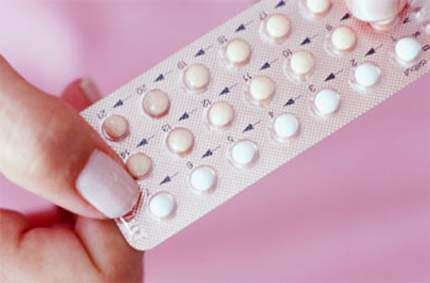
2. Some tips to treat acne at home
Besides treatment with oral drugs, topical creams..., some problems related to daily life and diet can also affect the existence of acne on the skin. Some of the following tips will help you treat acne at home very simply.Zinc supplements Zinc is an essential nutrient and is important in new cell growth, hormone production, metabolism as well as immune function. Not only that, zinc is also one of the most researched natural home remedies for acne.
According to studies, people with acne tend to have less zinc in their blood than people with healthy skin. Besides, many other studies show that taking zinc can reduce acne.
Apply green tea to the skin Green tea is rich in antioxidants and drinking green tea has the potential to promote health. Along with that, many studies show that applying green tea directly to the skin has many benefits in treating acne at home.
This is explained because green tea contains flavonoids and tannins. These are two active ingredients with antibacterial and anti-inflammatory properties – the two main causes of acne. Not only that, the main antioxidant in green tea, EGCG, has also been shown to reduce sebum production, fight inflammation and inhibit the growth of P. Acnes bacteria in people with sensitive skin, acne prone.
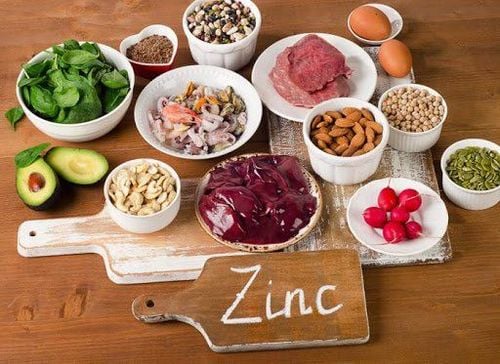
Exfoliation dead skin is a relatively simple way to treat acne by removing dirt, dead skin cells... causing clogged pores. Although simple, this is a very effective acne treatment.
In general, the treatment and correction - prevention of acne needs to be done carefully and over a long period of time to avoid overgrowth of acne, which weakens skin health and affects the quality of life. live everyday.
If there is a need for consultation and examination at the Hospitals of the National Health System, please book an appointment on the website to be served.
Please dial HOTLINE for more information or register for an appointment HERE. Download MyVinmec app to make appointments faster and to manage your bookings easily.
Articles refer to sources: healthline.com , medicalnewstoday.com